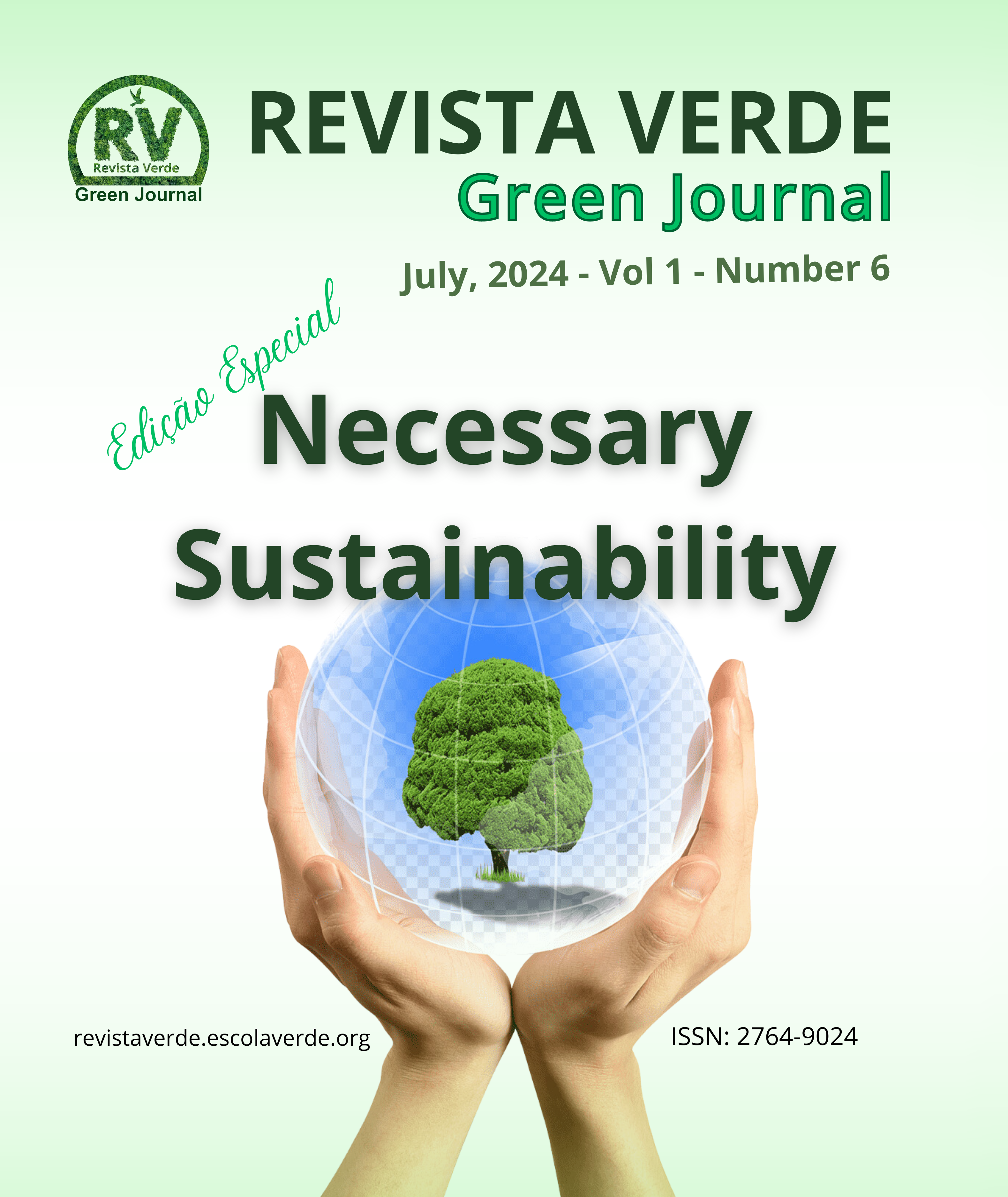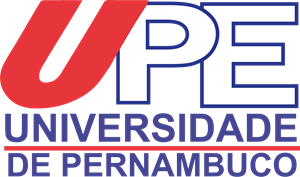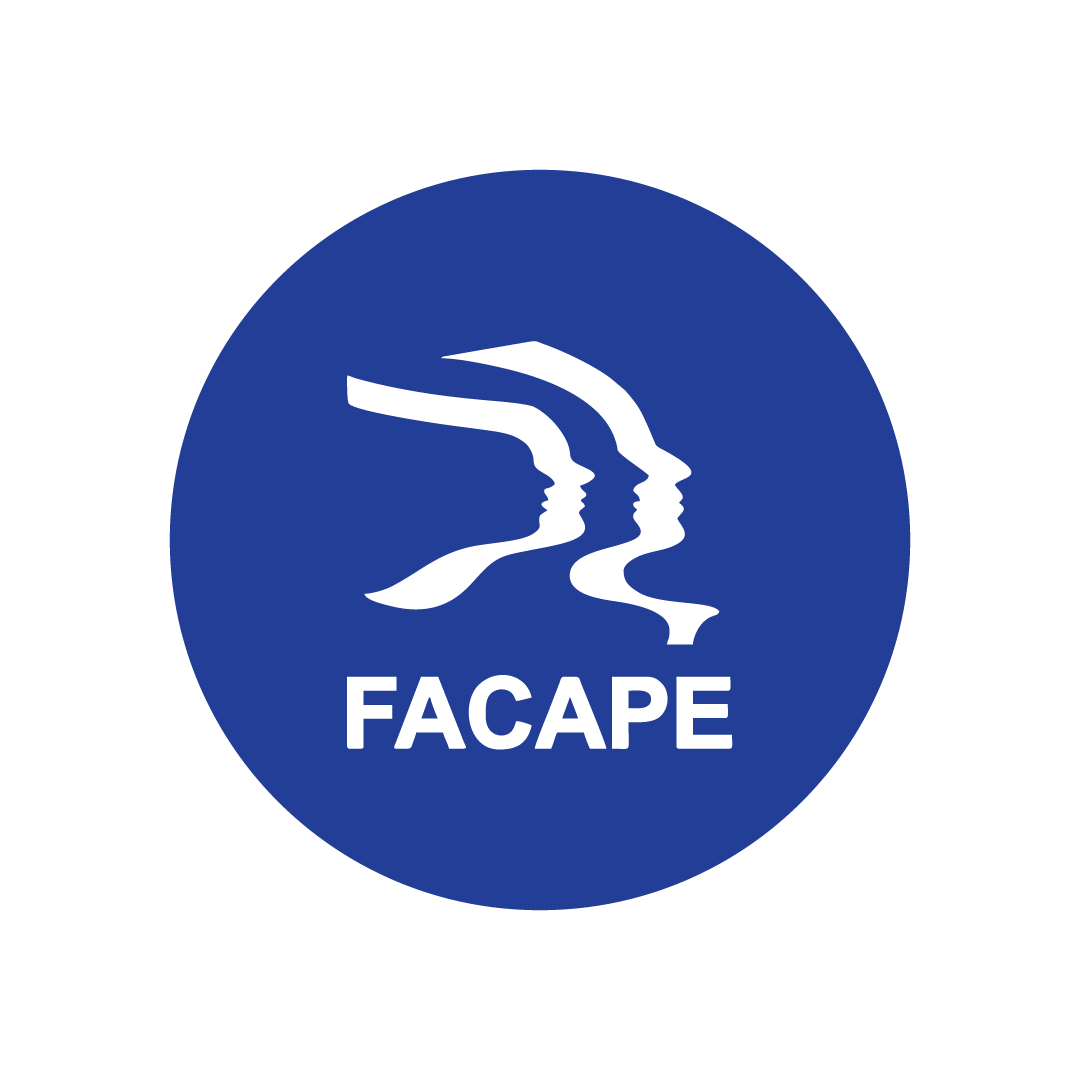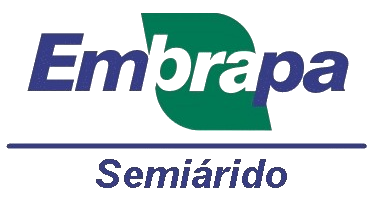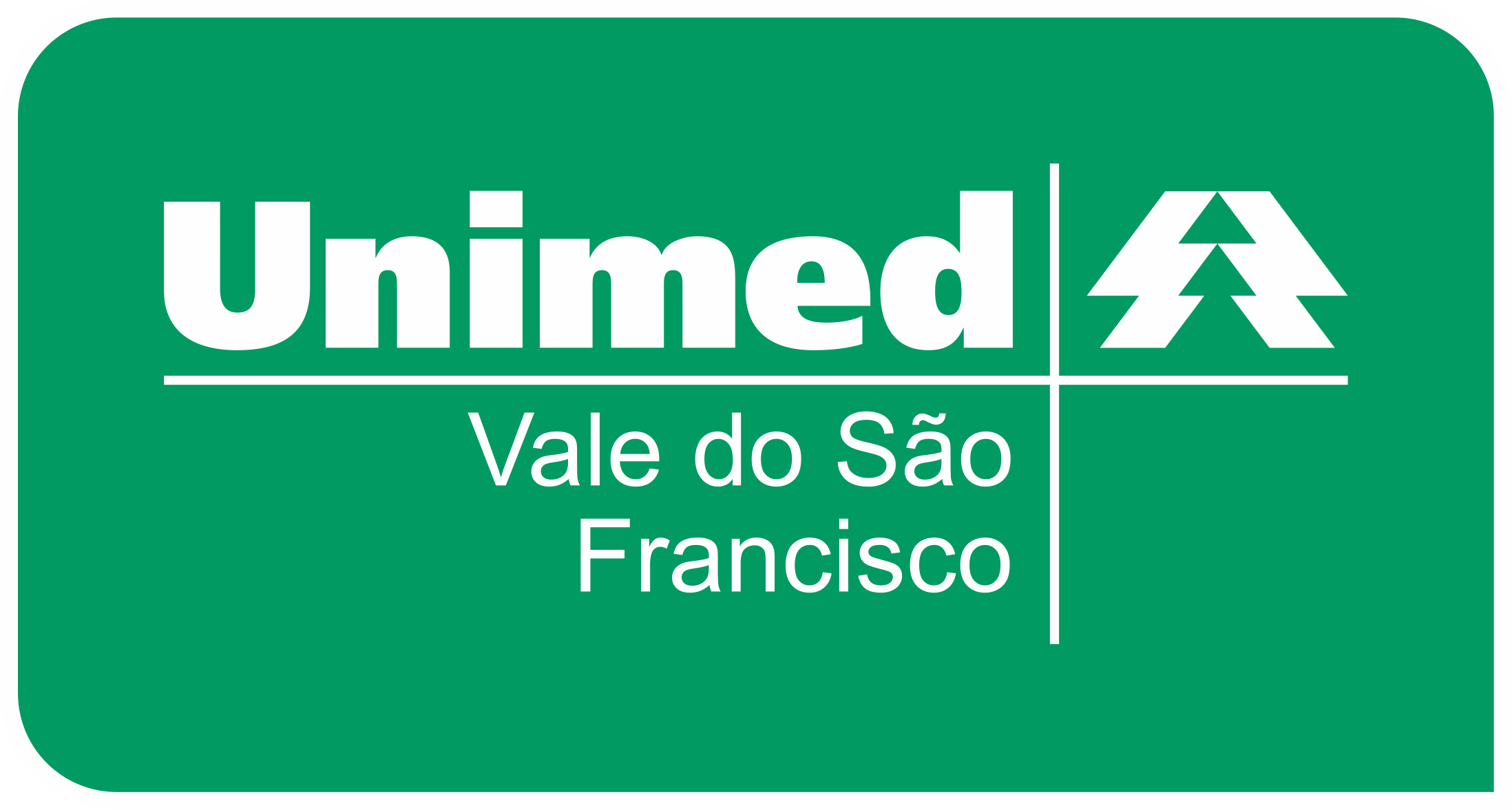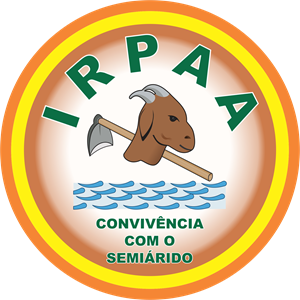CAPITAL SOCIAL EM UM PROGRAMA DE MONITORAMENTO BIOLÓGICO PARA A GESTÃO DE ÁGUAS: CONSIDERAÇÕES TEÓRICAS E ESTUDO-PILOTO
Keywords:
social capital, water management, empowerment, governance, participaçãoAbstract
The use of social capital has been increasingly applied in studies within the social sciences. The quest to solve environmental problems with a health-disease interface has led biologists to become more interested in this subject. Due to some gaps in biological training regarding perception and knowledge, it is necessary to clearly understand the concepts, conceptions, and methodologies in social capital studies for application in contexts of environmental and social vulnerability. We discuss that the use of water resources and water management has transitioned from an institutionally fragmented management process to integrated and decentralized legislation over the years; water governance includes laws, regulations, and institutions as well as the participation of the local population; the conceptualization of social capital and empowerment initially defined by Bordieu and modified by various other scholars, which emphasizes informal social networks and the establishment of trust relationships among the participants of these networks; social capital in poverty reduction, considering the capacity to expand the networks of the poorest, improves their access to concessional resources and increases emotional value; and popular participation aiming to expand access possibilities for popular sectors within a perspective of civil society development and strengthening democratic mechanisms. From this, we use this article to discuss conceptual and applicable strategies in ecological work within a biological monitoring program for water management. This study aims to evaluate, through a pilot study, whether the strategies used in the AGente das Águas Program increased the social capital of a group of volunteers from a rural settlement. The methodology employed qualitative research with an analysis of different types of social capital. The results demonstrate the need for further studies that use social capital to measure empowerment and popular participation, but it is noted that environmental education programs need to be further developed in pursuit of participatory water management.
Downloads
Downloads
Published
Issue
Section
License
Copyright (c) 2024 Green Journal

This work is licensed under a Creative Commons Attribution-NonCommercial-NoDerivatives 4.0 International License.

